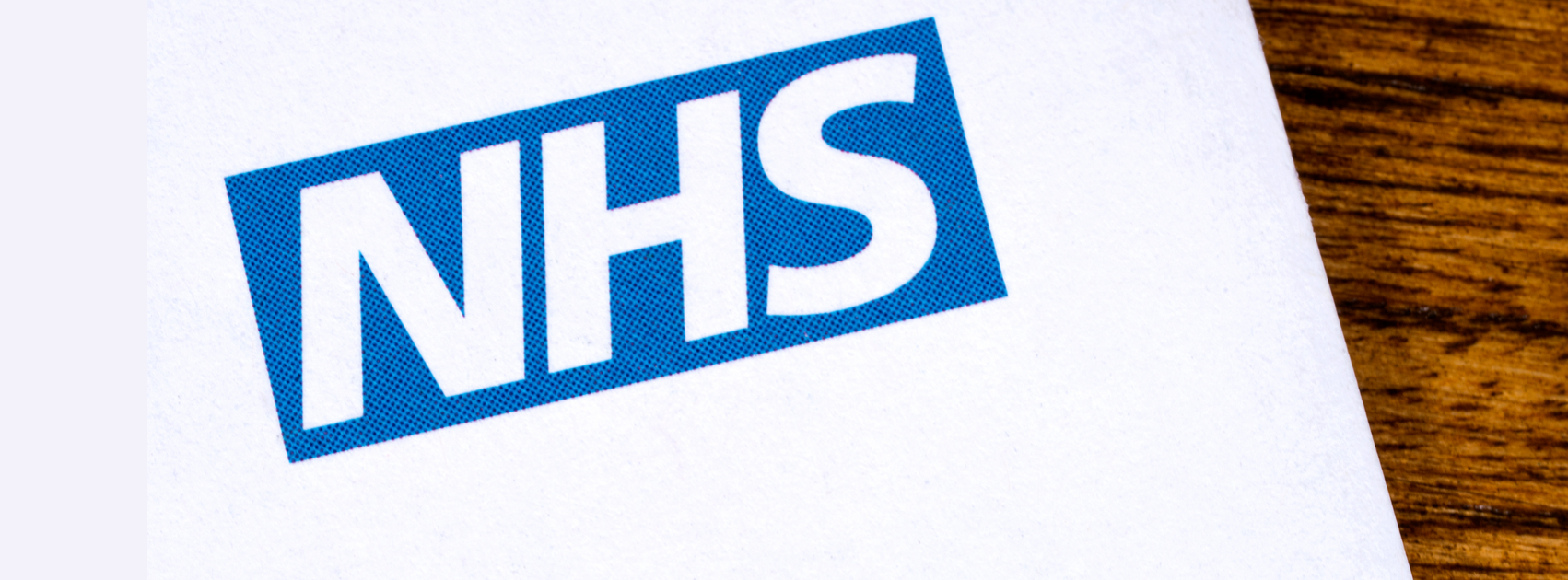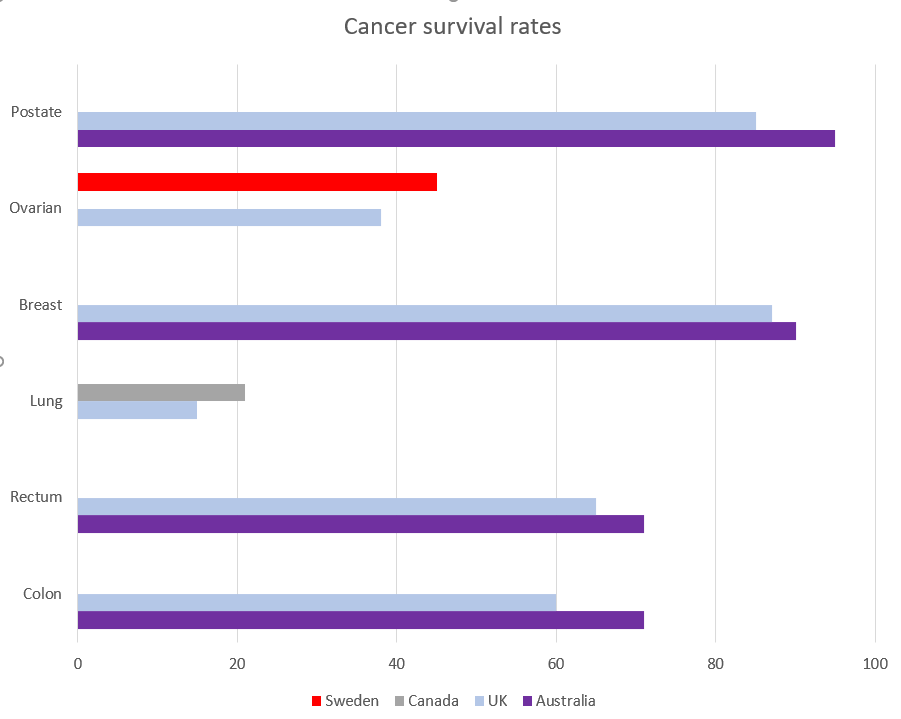
England has failed to close the gap on the best-performing nations when it comes down to cancer. Despite 20 years of England trying to improve.
The Health Foundation review of the government’s records between 1995 and 2015 said even with England’s four strategies setting goals, the NHS was still way behind the best service. If services were improved 10,000 lives could be saved each year, ensuring that early diagnosis is key. The review warned that patients were finding it too difficult to get access to the test and scans. Progress has been made but the aims have not been achieved.
The review by the Health Foundation was to show progress in cancer care over two decades in England. It looks back on the launch of the NHS Cancer plan in 2000, which notes that England had poor survival unlike other European countries. The plan stated that by 2010 the 5-year survival rates for cancer will compare with the best in Europe.
Prof Sir Mike Richards, a former government cancer tsr who led the review said: “Although progress has been made, the aims of all these strategies have not been achieved.”
He also said the number of missed opportunities to save lives was equivalent to a “jumbo jet of people falling from the sky every two weeks”.
This chart below shows us how far back the UK is in Cancer survival rates.

GPs are under pressure not to refer too many patients and the NHS did not have enough equipment or staff to carry out tests and scans as they should have. Gps refer two million patients a year for urgent tests and scans, this is nearly four times more than they did a decade ago. The rise in referrals has coincided with long waiting times with the NHS now struggling to meet targets.
One in five cases are still being diagnosed by an emergency presentation in places such as accident and emergency units. Patients that are diagnosed this way are less likely to survive cancer as they have been diagnosed too late.